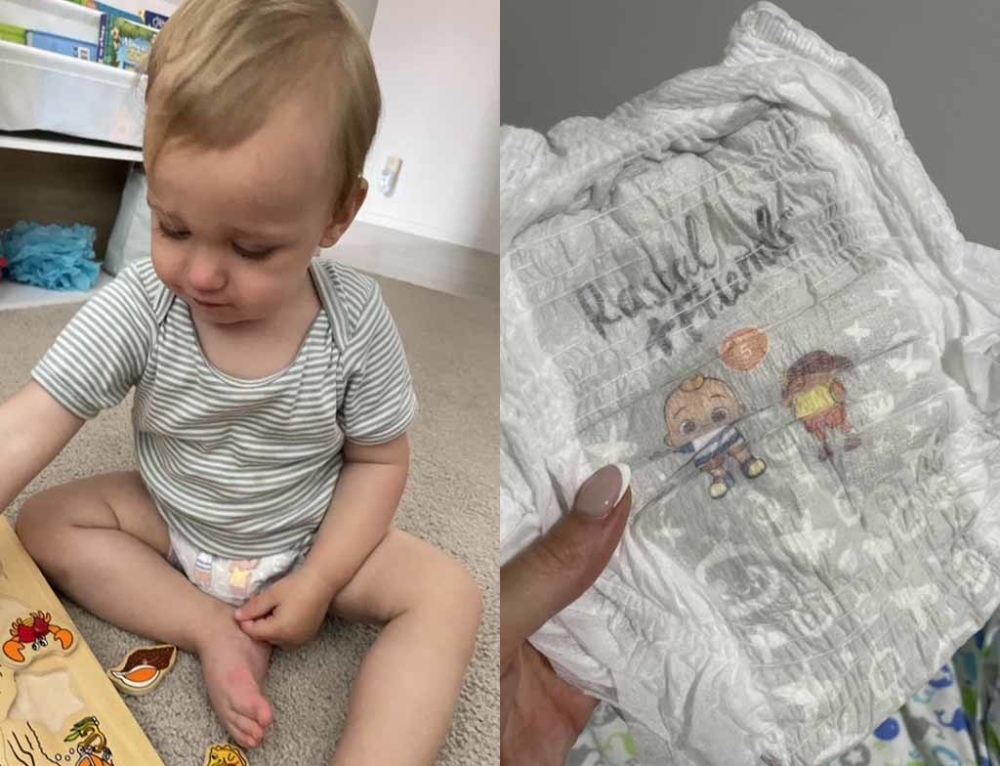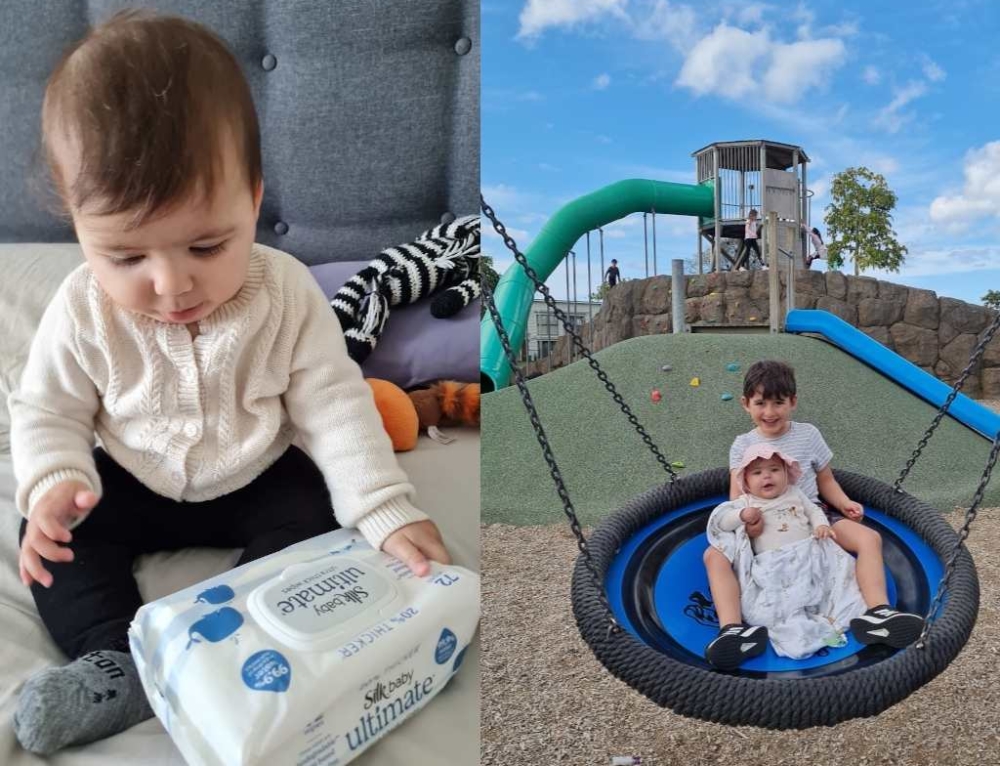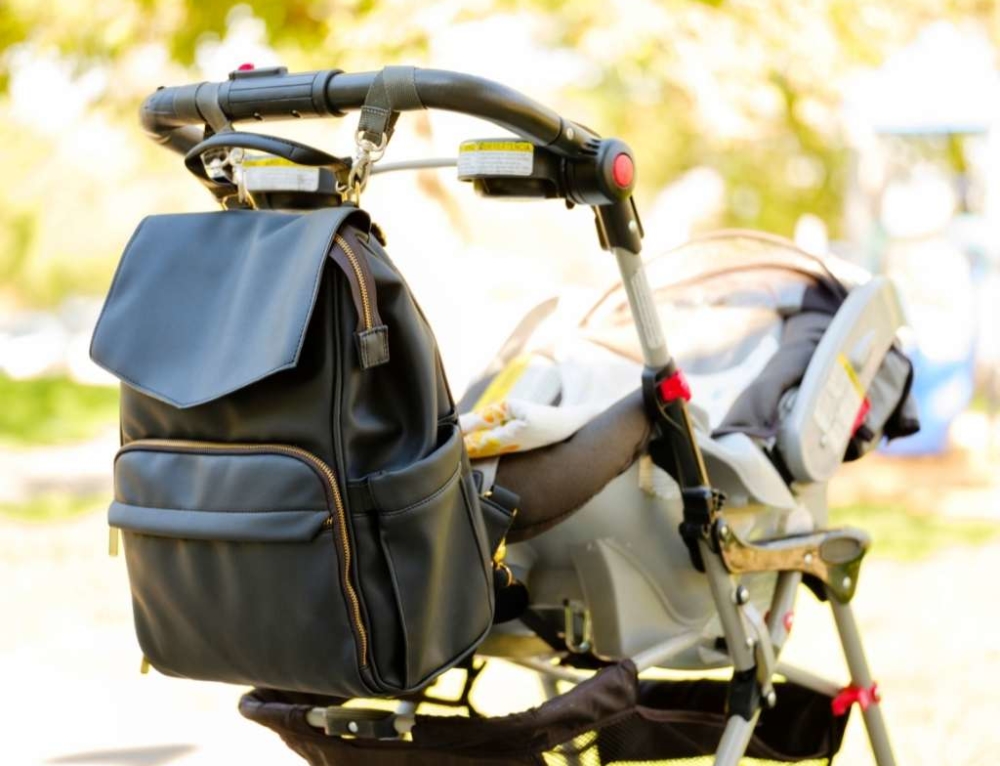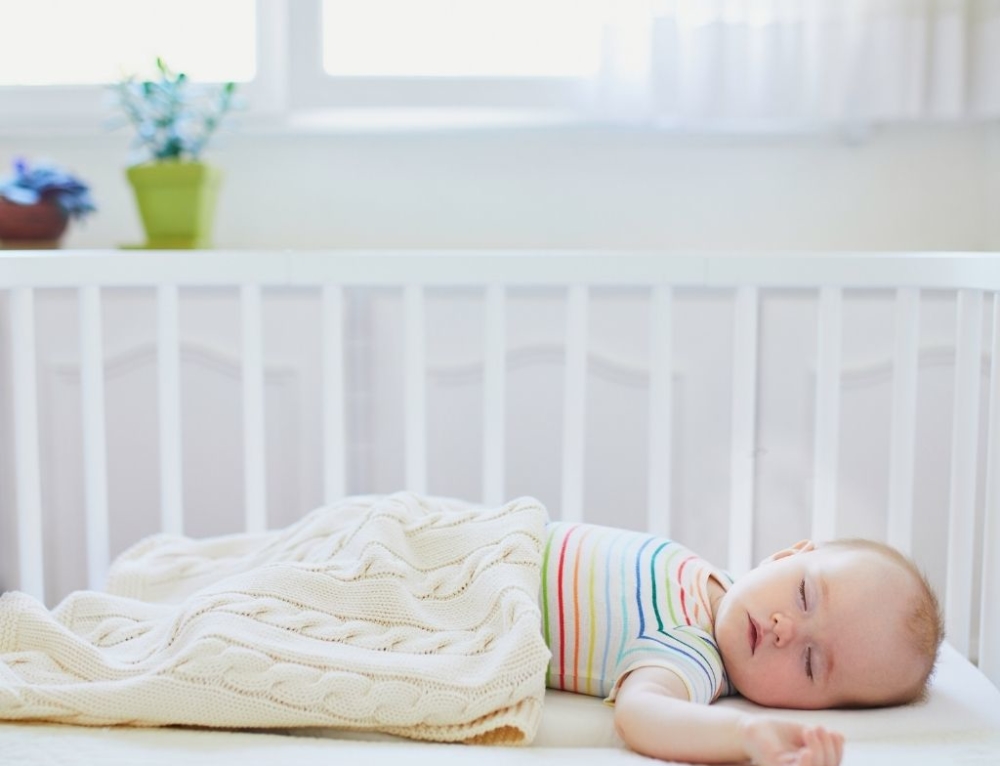We don’t wash our kids every day in our house. Actually, we don’t even wash them every second day. We do it every third day. It’s not because we are lazy people, it’s because all three of our children have eczema.
Our doctor told us not to over wash our girls as it would do more harm than good. And all soap products were ditched in favour of soap-free body wash. We were told to dry our girls thoroughly with their towel and then smother them in Sorbolene cream. If we skip the routine our girls’ skin gets really dry and their eczema flares up.
When we’re on holiday and the girls go in pools and the ocean a lot, we have to wash them more often. Their skin immediately gets scaly again and they get itchy. Humidity also doesn’t help; neither does overheated kids in bed during winter. It leads to much discomfort for them and sleepless nights for all. Sticking to their routine is definitely good for everyone.
The results are in
Now there’s evidence that over washing and under moisturising babies can lead to an increase in the rate of eczema. According to the American Academy of Dermatology about 10 to 20 percent of children get eczema. That’s risen from just three percent in 1960. Eczema usually presents itself on the face and scalp of babies, before 18 months, when their skin is still developing. In older children, it generally flares up in the crooks of their elbows and the backs of their knees. Although there is no cure, you can get prescription creams to treat it, and often it will disappear with age.
A team of scientists joined forces to research how baby skin care increase their risk of them getting eczema. Factors such as how often a baby is bathed and what is in the baby wash and if the baby is moisturised were examined.
According to the report in the Wall Street Journal, scientists believe that factors, such as bathing, can disrupt the skin’s ability to keep moisture in and germs out. If the outer most layer of the skin is weakened, outside irritants can more easily penetrate the skin and spark an immune-system response. “The more we understand about the causes of eczema, the more it seems how we take care of the skin of babies may be relevant,” says Eric Simpson, associate professor of dermatology at Oregon Health & Science University in Portland. “Are the things we’re doing that we think are good for our babies causing eczema?”

A strict skin care routine helps Bianca’s daughters manage their eczema. Photo: Supplied.
Less washing, more moisturising
Prof. Simpson lead the research team examining the impact over washing and under moisturising can have on a baby’s skin. They divided 124 newborns at high risk for eczema into two groups. Parents of the first group were asked to apply a fragrance-free moisturiser all over their baby’s body once a day. Parents in the other group were asked not to use moisturiser. When the babies were six months old, the incidence of eczema in the moisturised group was about half that of the controls, or 22 percent versus 43 percent.
He also discovered that on average American households reported using baby wash and shampoos around five times a week. “People are bathing their babies too much,” Prof. Simpson says. “If you expose skin to water and let it air dry, that leads to dryness — like the bottom of a river bed that cracks open when it dries.”
I suppose that’s the point, isn’t it – just be gentle with a newborn’s skin. Keeping them clean is just a natural instinct, but it’s probably best to wash them a little less, unless of course they’ve vomited all over themselves (which babies do a lot). And if you do wash them, just pop a little bit of Sorbolene cream in the water and avoid all soap-based products. When they’re done, dry them all over, particularly in the creases between the baby fat rolls, and then smother them in Sorbolene cream. You’ll have a super soft baby while also helping to protect them from eczema at the same time.






Leave A Comment
You must be logged in to post a comment.